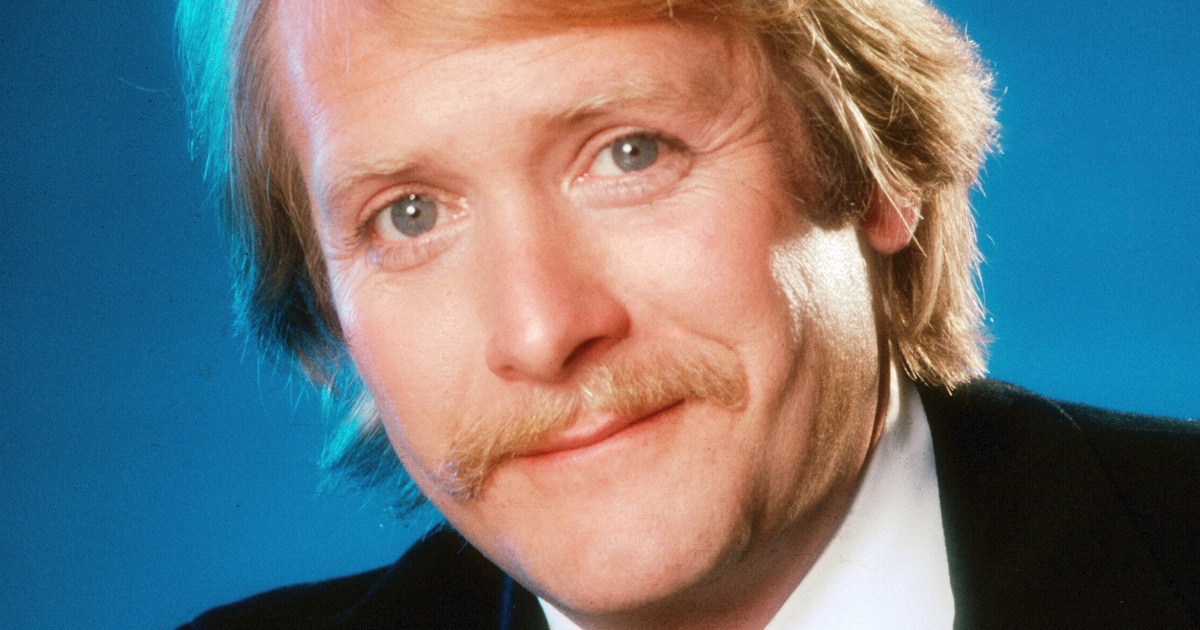Arrested Development Character Analysis

The critically acclaimed sitcom “Arrested Development” features a complex and dysfunctional family at its core. The Bluth family is a wealthy clan that has fallen on hard times, and the show follows their misadventures as they try to rebuild their lives.
Michael Bluth
Michael Bluth is the eldest son of George Bluth Sr. and Lucille Bluth. He is a responsible and caring man who is constantly trying to hold his family together. However, Michael is also a bit of a pushover, and he often finds himself being taken advantage of by his siblings.
The Dysfunctional Family Dynamics, Arrested development
The Bluth family is a dysfunctional mess. George Bluth Sr. is a narcissistic and selfish man who is constantly cheating on his wife. Lucille Bluth is a cold and distant mother who is more interested in her appearance than her children. The siblings are all deeply flawed and damaged people.
The Growth and Evolution of the Characters
Over the course of the series, the Bluth family members undergo a great deal of growth and evolution. Michael learns to stand up for himself and to be more assertive. George Bluth Sr. learns to be a more responsible father. Lucille Bluth learns to be more compassionate. The siblings all learn to forgive each other and to come together as a family.
Arrested Development Cultural Impact

Arrested Development has left an indelible mark on popular culture, reshaping the landscape of comedy and influencing the way we view dysfunctional families in media.
Catchphrases and References
The show’s witty dialogue and eccentric characters have spawned numerous catchphrases and references that have become part of the cultural lexicon. From “There’s always money in the banana stand” to “I’ve made a huge mistake,” these phrases have transcended the show and become synonymous with Arrested Development’s unique brand of humor.
Dysfunctional Family Representation
Arrested Development broke new ground in its portrayal of a dysfunctional family, challenging traditional sitcom tropes. The Bluths are a deeply flawed and self-centered group, but the show manages to find humor in their quirks and misadventures. This honest and often satirical depiction of family dynamics has resonated with audiences and helped to normalize the complexities of family life.
Influence on Comedy
Arrested Development’s innovative storytelling and meta-referential humor have had a profound impact on comedy. The show’s use of running gags, foreshadowing, and unreliable narrators has become a blueprint for modern comedies. Its ability to seamlessly blend absurd and heartfelt moments has set a new standard for comedic storytelling.
Arrested development is a term that is often used to describe people who seem to be stuck in a certain stage of life. They may not be able to move forward or grow up, and they may continue to make the same mistakes over and over again.
Martin Mull’s portrayal of Gene Parmesan in the television show Arrested Development is a great example of this. Gene is a bumbling, incompetent detective who is constantly getting into trouble. He is unable to learn from his mistakes, and he continues to make the same bad decisions over and over again.
Gene’s character is a reminder that arrested development can be a serious problem, and it can have a negative impact on a person’s life.
Arrested development, a state of emotional and psychological immaturity, often manifests in a person’s inability to progress in life. Like the iconic sitcom mary hartman mary hartman , which satirized the superficiality of American culture, arrested development can be seen as a reflection of a society’s inability to grow beyond its own limitations.
In the realm of arrested development, we often find ourselves caught in a perpetual state of immaturity. However, like the vibrant and whimsical paintings of Martin Mull , there is a certain charm in embracing our inner child. Mull’s playful and surreal artworks remind us that even in the face of setbacks, we can still find joy in the simple pleasures of life.
And as we navigate the complexities of arrested development, may we always remember to embrace the childlike wonder that resides within us.
Arrested development can be a tricky path to navigate, especially when it involves unexpected departures. Just as we were reeling from the news that Martin Mull died , it’s a sobering reminder that the journey of life is ever-evolving. Arrested development may leave us with unanswered questions, but it also provides an opportunity to reflect and forge ahead with newfound resilience.
Arrested Development’s comedic brilliance stems from its witty writing and quirky characters. Among its cast of eccentrics, the late Fred Willard brought his signature deadpan humor to the role of George Bluth Sr., the patriarch of the dysfunctional Bluth family.
Willard’s portrayal added a touch of warmth and absurdity to the chaotic world of Arrested Development, making him a memorable part of the show’s enduring legacy.